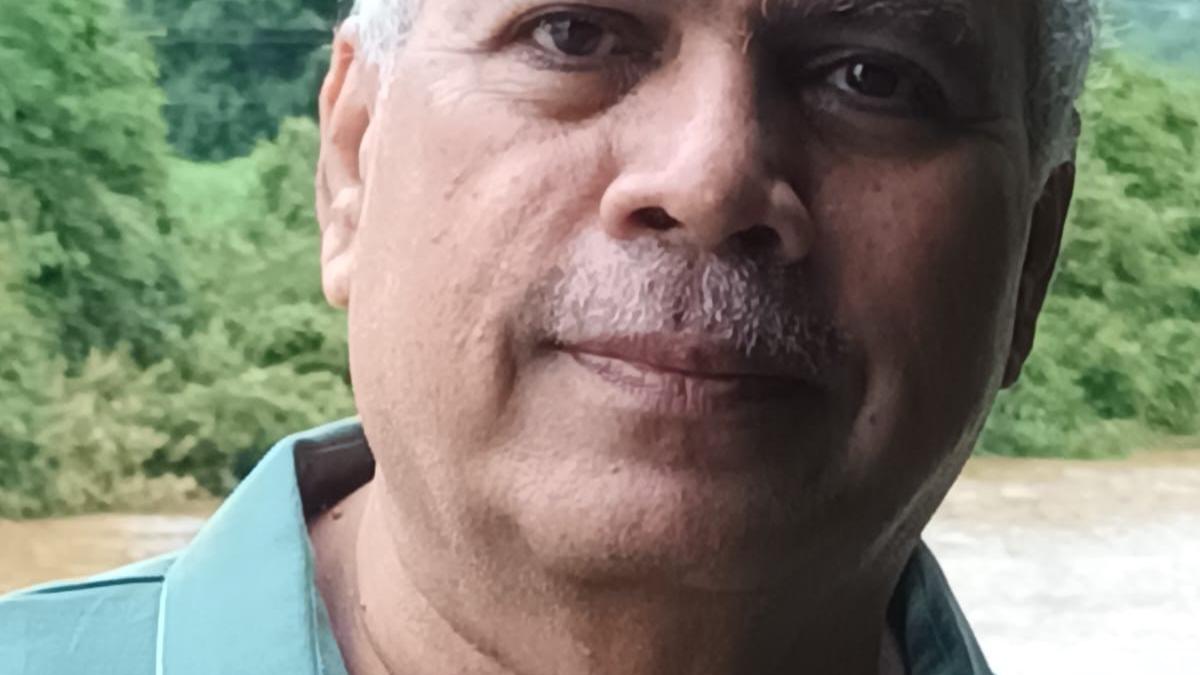
Laxmikant Deshmukh, chairperson of the Maharashtra government’s Language Consultation Committee
| Photo Credit: File Photo
The chairperson of the Maharashtra government’s Language Consultation Committee said on Wednesday that the panel has passed a resolution seeking the dissolution of the Narendra Jadhav Committee set up to study the implementation of the three-language policy as per the National Education Policy 2020 in primary classes in State-run schools.
Of the 29 members of the Language Consultation Committee, 23 were present for the meeting held in Nagpur and 20 of them supported the resolution, said its chairperson Laxmikant Deshmukh. It will now be sent to the Chief Minister, he added.
The Narendra Jadhav Committee was set up in June this year to review the policy and submit its report within three months after holding public consultations with stakeholders, including teachers, parents, and educational institutions. Chief Minister Devendra Fadnavis had said the State government would accept the committee’s recommendation.
The Narendra Jadhav Committee in its first meeting held recently had announced that it will hold public consultations to take into account the opinion of all State-run educational institutions. Several stakeholders have already opposed the three-language policy in primary education, expressing apprehensions that it is a measure to make Hindi compulsory in the State.
Mr. Deshmukh said the government should have referred the issue to his committee instead of appointing a new panel under Dr. Jadhav. “Firstly, we are the government’s own language consultation committee. The government could have asked us to look into the issue. But instead, it appointed a committee under Dr. Narendra Jadhav. This committee will speak with the principals of all State-run schools and educational institutions. Which State-run school will go beyond the mandate of the government? Will they have the freedom to express their independent opinion? At such a time, making such announcements is a farce of democracy. We had put this resolution for voting in our meeting held in Nagpur. It was passed by a majority,” he said.
Objections raised
Mr. Deshmukh said several objections were raised by experts during the meeting held by the Language Consultation Committee and the members discussed the issue for over an hour. “There are specific directions under the National School Education Curriculum Framework that the third language should be introduced only in Class 6. Why are we still insistent on introducing Hindi as the third language from Class 1?” he said.
“Our people already speak in Hindi. What will the State achieve by introducing Hindi from Class 1? We fear that it will lead to the weakening of the Marathi language. At a time when the government should focus on improving the quality of Marathi education, it is focusing on introducing Hindi. This will mean that within 25-30 years, Maharashtra will become a Hindi-speaking State, a part of the Hindi belt,” he added.
The committee also objected to Dr. Jadhav’s appointment, citing his lack of expertise in child education. The members discussed the effects of the terms of reference of the committee, and how the Dr. Mashelkar Committee report on the introduction of the three-language policy in primary education will not be beneficial for furthering Marathi in the State. “If everyone has already unequivocally told the government that the third language should not be introduced, why is this entire exercise being conducted?” Mr. Deshmukh said
‘Report will be my reply’
When approached for comment on the resolution, Dr. Jadhav said his report will be his response. “I do not want to get into this controversy or reply to these accusations. My report will be my replymbai” he said.
The controversy surrounding the three-language policy began earlier this year when the State government made Hindi the mandatory third language from Classes 1 to 5 in Marathi- and English-medium State-run schools. Students were given the option of choosing any other Indian language as the third option if at least 20 of them were in agreement. However, the decision faced stiff opposition from linguistic bodies, parents’ groups, and socio-political organisations, forcing the government to scrap the rule. Two government orders introducing the policy for primary education, issued on April 16 and June 17, were cancelled.
Published – September 25, 2025 01:48 am IST

